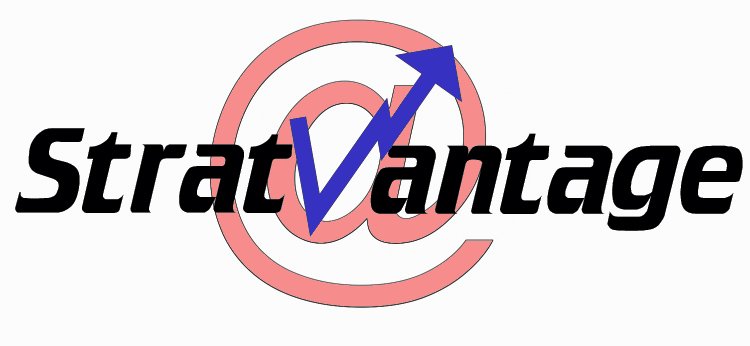From Evernote: |
StratVantage Consulting, LLC — Mike’s Take on the News 04/23/01Clipped from: http://www.stratvantage.com/news/042301.htm |
The News – 04/23/01
Toffler Says We Ain’t Seen Nothing Yet
In a recent article in the Wall Stree Journal, futurists Alvin and Heidi Toffler scoff at the notion that the new economy is a sham, and that the dotcom bubble burst means a complete return to the old economy ideas of how to run an enterprise:
To imagine that the new economy is over is the equivalent of thinking, in the early 1800s, that the industrial revolution was over because textile manufacturers were going broke in Manchester.
Today’s stock-market agonies hardly prove the new economy’s non-existence. If stock prices plunge 50% on a given day, does that mean the actual underlying economic activities have been cut in half, that workers are producing half of what they produced the day before? If share prices mirror reality at all, they frequently do so with enormous lags and leads.
The Tofflers continue to say that the new economy has changed organizations dramatically. Corporations are flatter, less hierarchical, and their products are more customized. There is less vertical integration as supply webs have allowed companies to focus on their true core competencies. Companies must innovate faster and compete in ever-narrowing niches. The Tofflers point to a fantastic statistic: There are more than three million digital switches for each one of us today. This makes the half a billion PCs and the projected 1 billion cell phones seem like a drop in the ocean.
The obvious, inescapable fact is that the revolution is real, and it manifests itself at many levels simultaneously. Internationally, we see it in today’s drive toward globalization and the mounting backlash against it. Politically, we see it in novel battles over privacy and intellectual property. We see it in America’s increasingly intangible exports. We see it in breakthroughs in genetics and in the manufactured panic over genetically modified food. We see it in the phenomenal rise of media power — and the public’s rising hostility toward it. We see it in intergenerational relations. We see it in a polarization of wealth. We see it in fears of a so-called digital divide. We see it in a rising tide of anti-Americanism in Europe and Asia. These changes are not independent of one another. They are part of a larger pattern.
Something new is arising on the planet and it doesn’t fit the assumptions, models and paradigms left over from the industrial age. It is a new civilization of which the new economy is only one part.
The Tofflers assert that the ride has just begun, and the economic turbulence will continue as technological advances in every field drive changes in every aspect of our lives. The most important trend, they say, is the convergence of biology and digital technology. First, information technology will revolutionize biology, and then the reverse will happen, as we get biological computers and other hybrid devices of unimagined power.
Basically, it’s way too early in the game to get off the technology bandwagon. As futurist Kevin Kelly puts it, we’ve just 15 minutes into a 24-hour poker game. Hold onto your seats, and keep a poker face!
WSJ Online (subscription required)
New TrendSpot Rankings
As you may know, I maintain a page that ranks current emerging Internet-related trends called the TrendSpot. I’ve recently completed the April ranking, and there are a few changes. One thing that did not change was the fact that P2P computing maintains its spot at the top. In addition, I split the Auto-ID/Smart Homes topic in two. As if that weren’t enough, a new trend, P2P Backlash, debuts at number 14, with a bullet!
Check it out at www.stratvantage.com/trendspot/ and let me know what you think.
Can’t Get Enough of ME?
In the unlikely event that you want more of my opinions, I’ve started a Weblog. It’s the fashionable thing for pundits to do, and I’m doing it too. A Weblog is a datestamped collection of somewhat random thoughts and ideas assembled on a Web page. If you’d like to subject the world to your thoughts, as I do, you can create your own Weblog. You need to have a Web site that allows you FTP access, and the free software from www.blogger.com . This allows you to right click on a Web page and append your pithy thoughts to your Weblog.
I’ve dubbed my Weblog entries “Stratlets”, and they are available at www.stratvantage.com/stratlets/ . Let me know what you think.
Return to Mike’s Take


